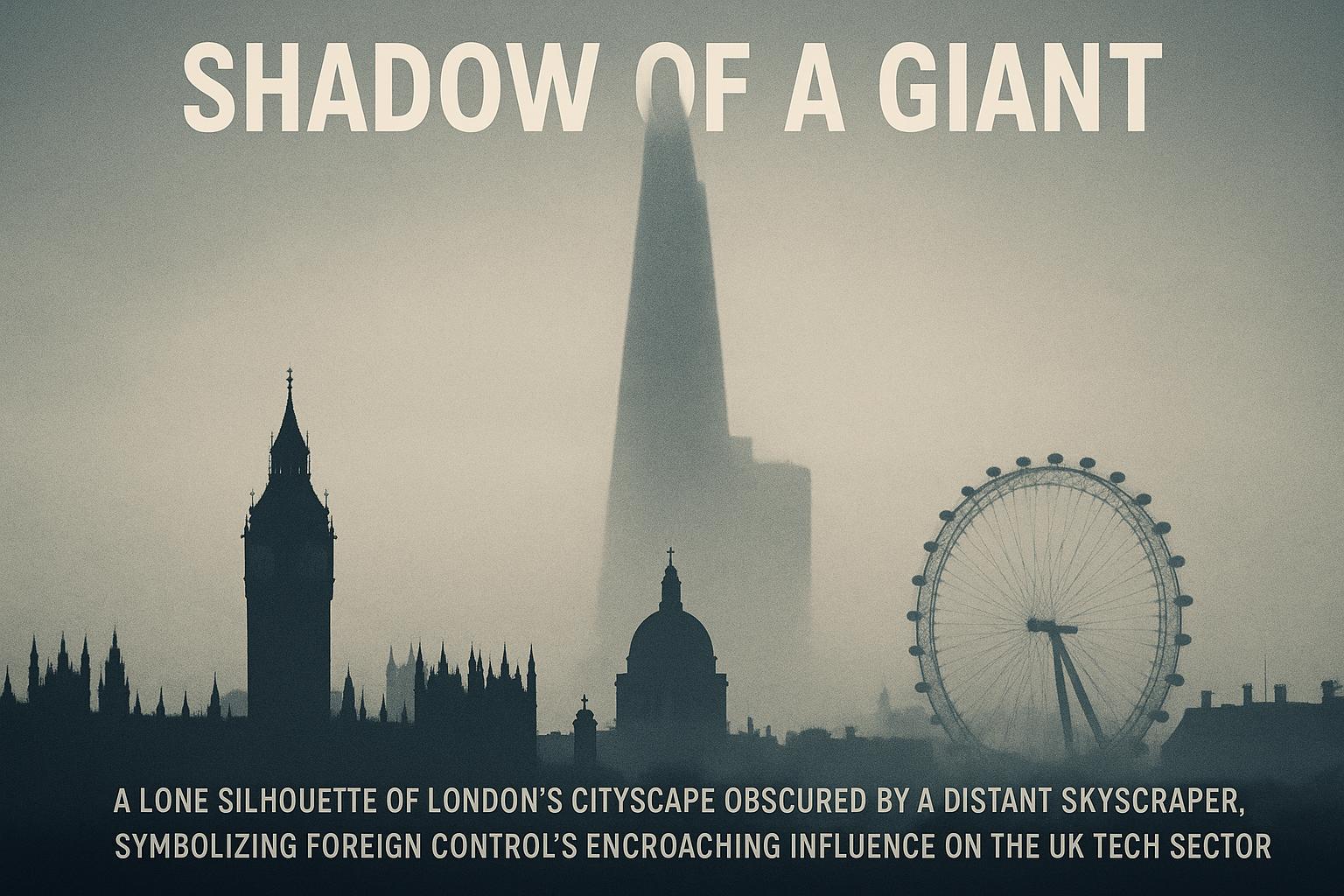The British Venture Capital Association (BVCA) recently hosted Chancellor Rachel Reeves in an effort to stimulate the so-called "stuck" UK economy, highlighting the critical role of venture capital in nurturing innovative companies. However, the reality reveals a significant challenge: Britain has struggled to cultivate and retain high-tech or AI leaders that can flourish into global industry giants like those found in Silicon Valley. Despite a robust ecosystem at research universities generating intellectual property and patents, key firms have increasingly slipped away, often acquired by foreign entities or absorbed by private equity firms.
Prominent examples include Arm Holdings, DeepMind, and Darktrace—companies that once symbolised British tech ingenuity but have been sold off or taken over by overseas interests. This ongoing trend raises concerns about the failure of private capital to sustain these companies domestically, a situation compounded by underwhelming government support and what some describe as ineffectual business secretaries. Notably, in the cybersecurity sector, the Cambridge-based AI firm Darktrace agreed to a takeover by US private equity firm Thoma Bravo in April 2024 in a deal valued at approximately $5.3 billion (£4.2 billion). This acquisition offered a premium of over 40% on Darktrace’s recent share price and reflects continued foreign appetite for UK tech firms, even as it prompts worries about longer-term UK leadership in the sector.
Private equity’s influence is double-edged. While venture capitalists are often seen as the positive force propelling businesses forward, private equity groups have been criticised for a more extractive approach, acquiring firms only to burden them with debt, restructure, and ultimately erode their value. Examples include Advent International’s breakup of aerospace pioneer Cobham, which resulted in the UK losing control over significant flight refuelling technology. The sector’s reach extends into mainstream industries as well, with private equity ownership impacting supermarket chains such as Asda and Morrisons, as well as veterinary services, NHS surgeries, legal practices, and real estate. This widespread involvement has sparked debate over the sector's tax advantages, especially the ‘carried interest’ regime, which allows private equity moguls to avoid higher income and corporation taxes, exacerbating public concern about asset stripping and loss of domestic control.
The erosion of Britain’s pharma and life sciences leadership concerns many policymakers and industry participants. The recent cancellation of a £1 billion research centre by global pharmaceutical giant Merck is a stark example of the challenges facing the sector. Rising levies on medicines sold to the NHS—jumping from 15.5% to almost 25% with trajectories toward a 32% charge—have been cited as disincentives for investment. This has spurred warnings from the industry, including the Association of the British Pharmaceutical Industry (ABPI), that the UK risks losing its standing as an attractive location for pharma investment. Significant British firms have also been absorbed by international rivals or private equity buyers: Merck’s acquisition of Verona for £7.4 billion and America’s Danaher buying antibody maker Abcam for £4.2 billion are recent illustrative transactions.
Yet, it is not all bleak. Deep tech venture capital continues to fuel innovation in areas such as AI, health tech, sustainability, and space. London-based IQ Capital recently closed its fourth venture fund at $200 million, increasing its deep tech assets under management to $1 billion. Their portfolio boasts successful exits to major players like Oracle, Google, Apple, and Facebook, and they have invested in over 100 start-ups generating thousands of jobs. This reinforcing of Britain’s deep tech foundation contributes to the country maintaining a foothold in cutting-edge sectors, as shown by record venture capital investments in AI startups, which raised $2.4 billion in the first half of 2025—a remarkable 30% share of overall UK venture capital funding. Major funding rounds for firms such as Synthesia, ElevenLabs, and DeepMind spinout Isomorphic Labs highlight continuing vitality in the sector.
However, the overall landscape reflects a tension between burgeoning innovation and a reliance on foreign capital and ownership, with private equity’s contentious role playing a significant part. Chancellor Reeves and the Business Secretary reportedly face urgent calls to implement more robust protections, including leveraging the National Security and Investment Act more decisively, to safeguard UK strategic assets from overseas takeover and ensure that the country reaps the full benefits of its innovation ecosystem. Without decisive action, the cycle of British-origin innovations being developed abroad—rather than becoming globally dominant UK-based businesses—looks set to continue, a worrying trend for the nation’s economic future and technological sovereignty.
📌 Reference Map:
- Paragraph 1 – [1], [2], [4], [7]
- Paragraph 2 – [1], [2], [3], [4], [7]
- Paragraph 3 – [1]
- Paragraph 4 – [1], [2], [3], [4], [7]
- Paragraph 5 – [1], [5], [6]
- Paragraph 6 – [1]
Source: Noah Wire Services
